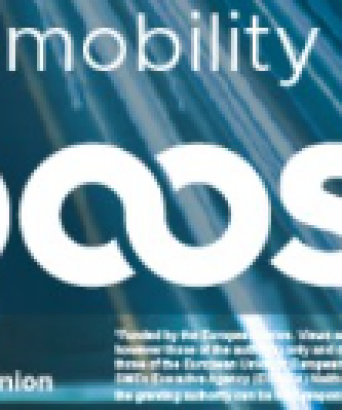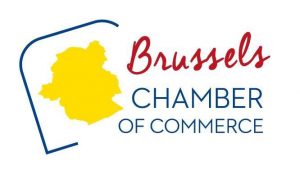This year, the European Union celebrates the 30th anniversary of its single market – one of the main achievements of European integration and one of its main drivers. Created on 1 January 1993, the European Single Market allows goods, services, people and capital to move freely within the EU, making life easier for citizens and opening up new opportunities for businesses.
At the end of November, BECI organised a seminar in the framework of Enterprise Europe Brussels on the benefits of the single market for business development in Europe. Here are the main lessons to be learned for companies.
The internal market in a few figures
The internal market is a domestic market of nearly 450 million people with 56 million jobs directly linked to intra-European trade. The economic benefits of the internal market represent a growth of just under 10 % of GNP for the EU.
The 4 pillars of the internal market
Free movement of goods and services, free movement of persons and free movement of capital are the four fundamental pillars of the internal market. These opportunities create a wider choice of products and services for consumers across the EU. This gives companies more opportunities to sell their products and services, and more opportunities to recruit.
Setting common values and standards
The proper functioning of the single market requires everyone to respect the same rules, in particular with regard to product safety standards. That is why consumers can trust that the products and services they buy across the EU are safe and meet agreed performance requirements; and that companies comply with labour and environmental protection rules. The Single Market also helps us project these high standards and values on a global scale.
What obstacles for SMEs?
SMEs face different obstacles to their growth in the Single Market. A survey highlights four fundamental obstacles: access to talent, access to finance and raw materials, late payments and administrative burden. With the Commission’s recent measures through the SME Relief Package, it is working to reduce these barriers for SMEs.
What are the main achievements of the Single Market for businesses?
Timely payments – EU rules ensure that public authorities remunerate businesses for the products and services they provide in a timely manner. In order to further discourage a culture of late payments, the current rules will be strengthened, in particular to protect the most vulnerable SMEs and businesses.
Public procurement – EU rules ensure that public procurement is open and transparent. Public authorities are also encouraged to purchase innovative, cleaner and more digital products and services, for example by opting for cleaner vehicles in public transport.
Unitary patent – after years of negotiations, companies are able to protect their intellectual property by obtaining a single and unitary European patent. The new system also facilitates the enforcement of business rights in court and, overall, it will be simpler and less costly for companies to protect their innovations.
What practical tools and support are available to SMEs to better benefit from the Single Market?
Your Europe, a single digital gateway, brings together a wealth of information for companies to help them grow their business within the Single Market. It also provides access to front-line assistance and counselling services. By the end of 2023, it will provide access to numerous online administrative procedures in all EU countries, for example for obtaining certificates and other official documents from administrations across Europe. Finally, the portal will allow companies to report to the Commission the problems and obstacles they face in relation to European legislation which hinders them in the development of their business, or through contacts with administrations in other European countries.
Enterprise Europe Brussels offers information and advisory services to Brussels SMEs to help them develop their business within the Single Market. The areas covered include cross-border delivery of goods, CE marking, standardisation, Reach, cross-border VAT, provision of services, posting of workers, e-commerce, digitalisation, contracts, public procurement and intellectual property. In addition, as a spokesperson for companies, Enterprise Europe Brussels reports to the European Commission the problems they face with certain regulations in order to make them evolve.





